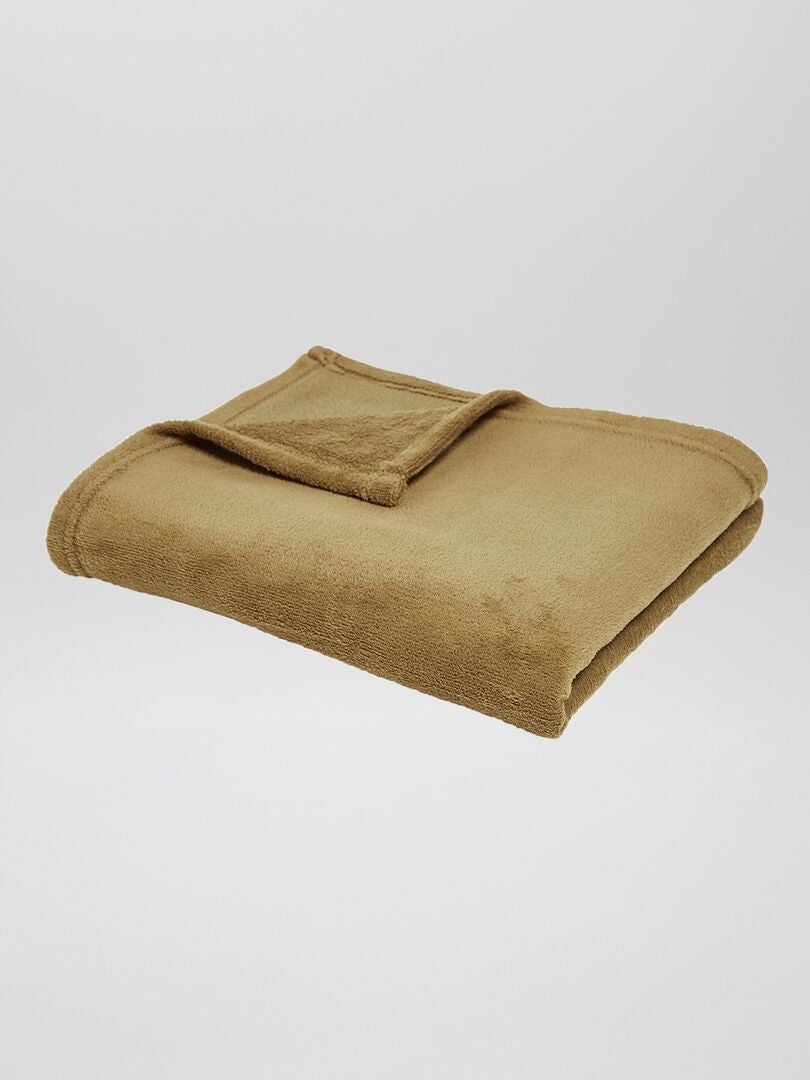
Frazada Manta de Piel sintética Supersuave, Peluda, Ligera, marrón, Gris, Rosa, Lujosa, acogedora, cálida, esponjosa, Chal de Felpa Frazada Polar (Color : 1, Size : China) : Amazon.es: Hogar y cocina

Manta 130x165 Carpincho Marrón Franela Mantas para Sofa Weighted Blanket 1 Articulo Mantas para Cama Aplicar para Manta Sofa Bebés Chicos Chicas Decoracion Hogar Decoracion Habitacion : Amazon.es: Bebé

Manta| Marron| 220X240CM| Composición 100% Franela/Sherpa| Mullida| Suave| Tacto aterciopelado | Leroy Merlin

HOME MERCURY- Manta Terciopelo Suave,Mantas Franela, Multiusos (Marron, 160 X 210 CM) | Leroy Merlin

Manta de pelo sintético color crudo, negro y marrón con estampado de leopardo 150 x 180 HIMALA | Maisons du Monde

Manta De Poliéster Marrón Cacao 130x170 Cm Vidaxl con Ofertas en Carrefour | Ofertas Carrefour Online


















